Wellbeing
Explore Gallup's research.
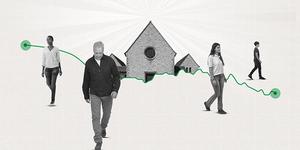
Less than half of Americans continue to say religion is very important in their lives, while more say they have no religious affiliation.

Doctors are the top source for medical information, far outranking websites, AI and social media. But less than half turn exclusively to medical professionals.

The percentage of U.S. adults who anticipate high-quality lives in five years declined to 59.2% in 2025, the lowest level since measurement began in 2008.

Regular exercise is more closely linked to reduced stress among women than among men and peaks with at least six days of exercise per week.

Americans value housing, their loved ones and health most. While specific experiences, such as financial security, are associated with quality-of-life ratings, doing what one values is linked to a positive perception of life.
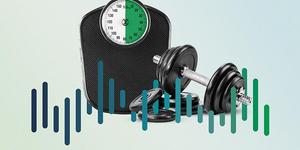
Four in 10 Americans say they are overweight, and 52% want to lose weight. Yet only half as many are trying, with women expressing more desire.

Concerns about and dissatisfaction with healthcare costs in the U.S. underscore Americans' belief that the nation's healthcare system is highly flawed.
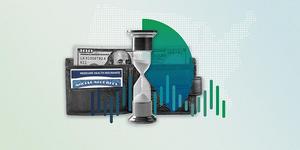
Roughly four in 10 U.S. adults — equivalent to nearly 110 million Americans — doubt Medicare and Social Security will be available in 10 years, and a majority say benefit changes worry them more this year than last year.
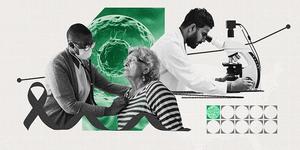
Nearly one in 10 Americans have been diagnosed with cancer at some point in their lifetime, even as new incidences of cancer are slowly falling.

West Health and Gallup developed a system to rank all 50 states and D.C. based on residents' experiences with healthcare cost, quality and access.

New state rankings from West Health-Gallup reveal sizable differences in residents' experiences of healthcare cost, quality, and access and an urgent need for improvement in every U.S. state.
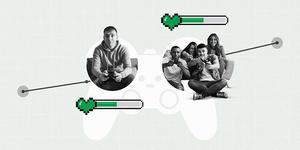
Video gaming's link to wellbeing depends on connection: Playing in person with family or friends boosts thriving, even among frequent gamers.
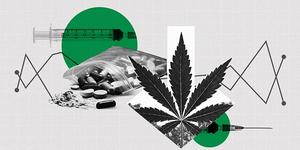
Two years after expressing record pessimism about the U.S. illegal drug problem, Americans are the most optimistic they have been in a quarter century.
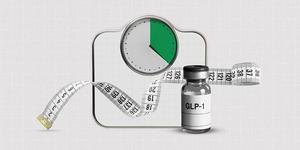
The U.S. obesity rate is showing signs of abating from its 2022 high. GLP-1 antidiabetic injectables used for weight loss may be playing a role.

Gallup's new report on emotional health shows negative emotions remain far above levels from a decade ago, with implications for global peace and health.

More than 18% of U.S. adults report depression, with rates doubling among young adults since 2017. Loneliness and financial hardship are key contributing factors.

Most Americans consider their diet to be healthy, and many read nutrition labels. Yet, confidence in food safety oversight has hit a new low.

A record-low 54% of Americans say they drink alcohol, as a majority now believe moderate drinking is unhealthy.

A new analysis shows global wellbeing is continuing to rise, but most are still not thriving.

Annually visiting a dentist is associated with many important aspects of wellbeing, and these relationships hold across income groups.